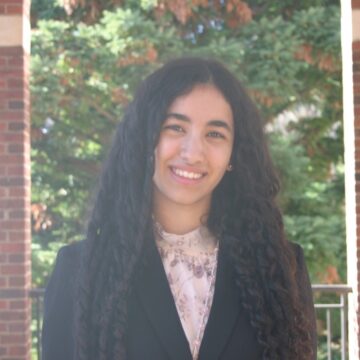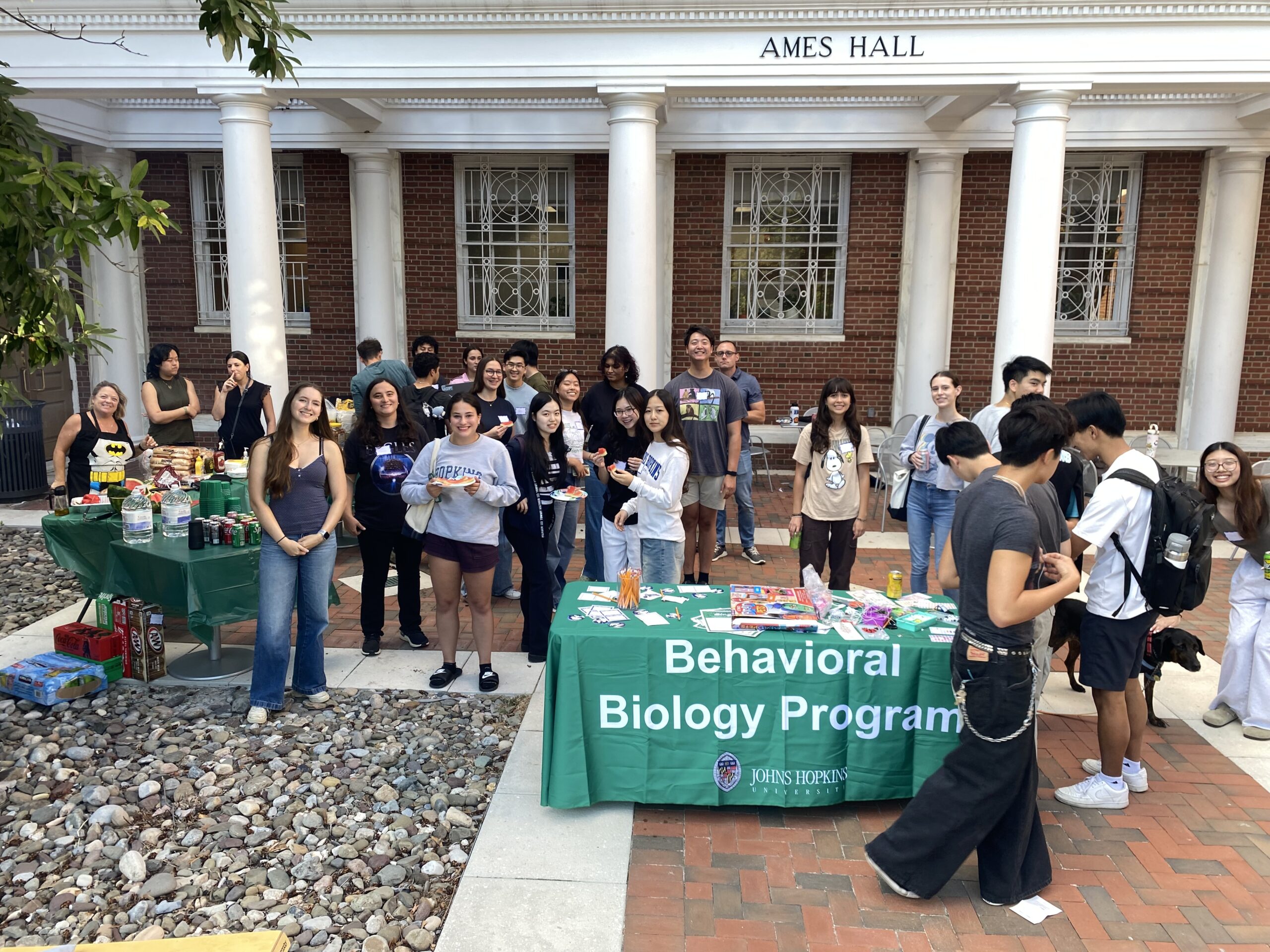
Research? In the HUMANITIES?
You heard that right: Humanities majors do research! I know, it might be startling for people to learn that research isn’t exclusive to STEM or economics. Seventy percent of Hopkins undergrads will do research at one point or another in their time at Hopkins, and humanities students constitute a sizable part of this population.
I work as a research assistant, which means I help a professor in their research and do other tasks for them, which (depending on the job) can range from making Excel spreadsheets, graphs, visual aids, and more. I research under Dr. Erin Chung, an associate professor of East Asian Politics in the Department of Political Science. She’s in the process of writing a few books, and the one I helped her with in the summer was centered around Korean diaspora in the world over history and Korean policies regarding it. Currently, I am helping her with a book about the history of Korean American political involvement in America.
People often emphasize how easy it is to get a research position at Hopkins, and I’m here to attest to it. I spoke to one of the TAs of my global studies class in the spring. I told her I was interested in doing research in the area of citizenship, Asian American politics, and diaspora. She then referred me to her primary adviser, Dr. Chung. I sent her an email, and she replied pretty fast, asking me to meet with her sometime in the next few weeks.
I went to her office sometime in May, and we spoke about my interests. She told me about some books she was writing and asked if I were interested in being a research assistant for one of them, a book detailing the history of the Korean diaspora. I would be working over the summer, but the work could be remote — I would check in with her once every one or two weeks via email about my progress and ask her any questions over then too. I was paid by the hour — $12 to be exact — and I left the meeting feeling excited about the work I was to do.
Over the summer, I reviewed hundreds of pieces of literature about Korean diaspora movements in the 19th and 20th century. I was to compile a literature review, which meant putting together an annotated bibliography of all the works I found to be relevant to her book. I spent hours reading about the history of Korea, familiarizing myself with the events in the previous 200 or so years of the nation. I spent more time looking for titles, skimming through seemingly countless abstracts, dissertations, and books. And at the summer, I emailed her a compilation of about 60 titles, complete with notes, abstracts, and a LOT of APA citations.
You might be wondering why I’m doing research. I’m currently studying East Asian Studies and Sociology, with dual minors in Entrepreneurship & Management and Marketing & Communications. Even though I don’t think I’ll be going into academia in the future, or graduate school for international or East Asian studies, I know that the skills I get from research will help me in whatever field I choose to go into in the future. Whether it’s international business, politics, or anything in between or beyond, I’ve learned so much. I’ve honed my communication and collaboration skills, strengthened my reading and comprehension skills, and developed my organization skills through research. I’ve learned so much about cultural differences between nations and diaspora and observed recurring patterns in history. Research helped me discover what I do — and don’t — want to do in the future, and for that I’m very grateful.
Until next time!
Steph




